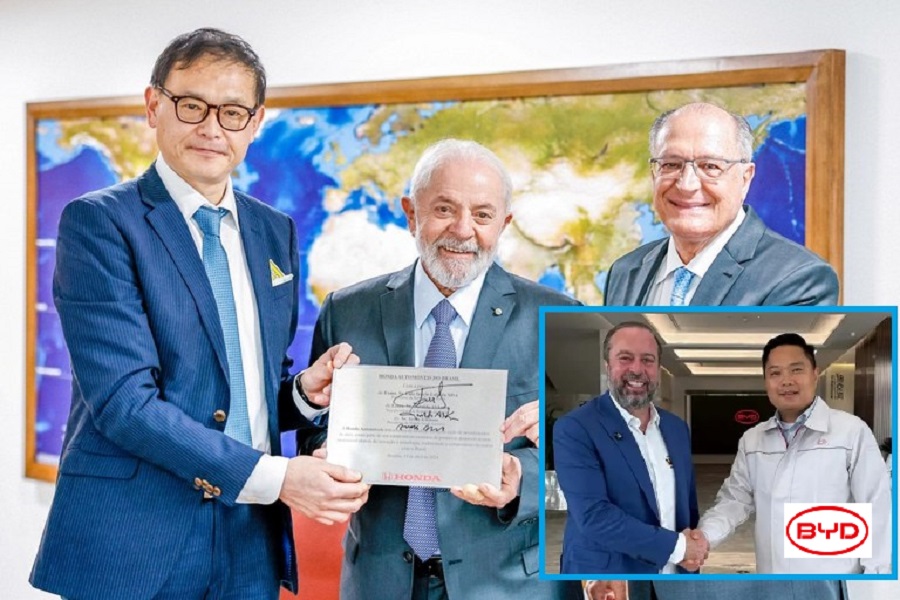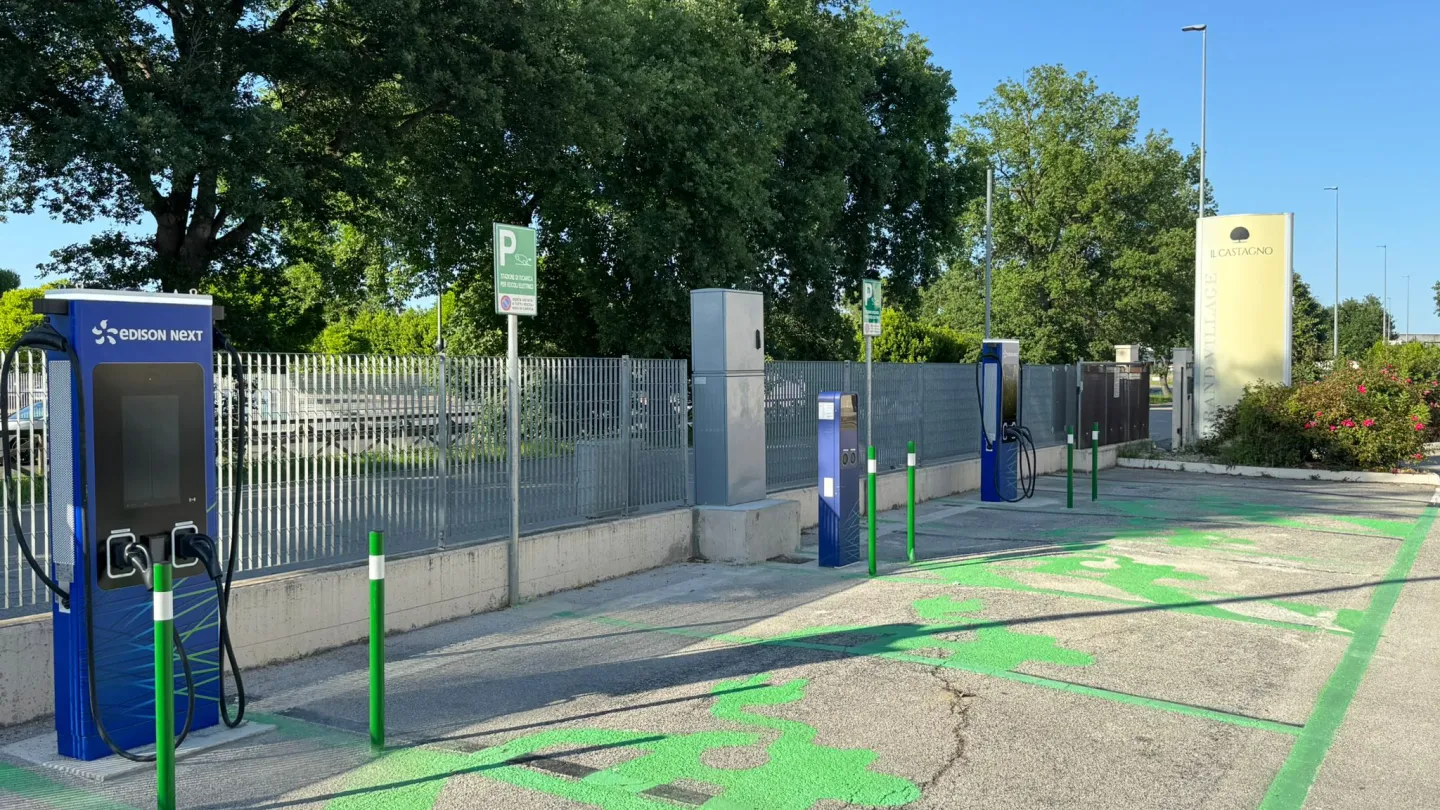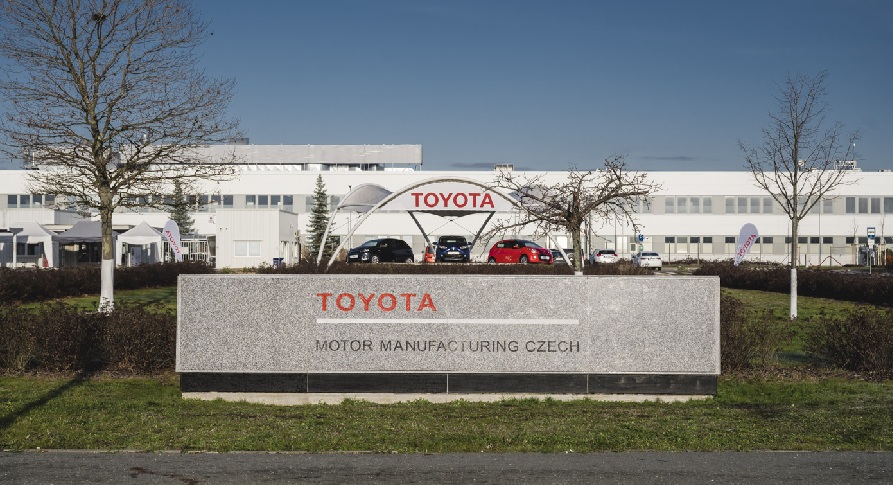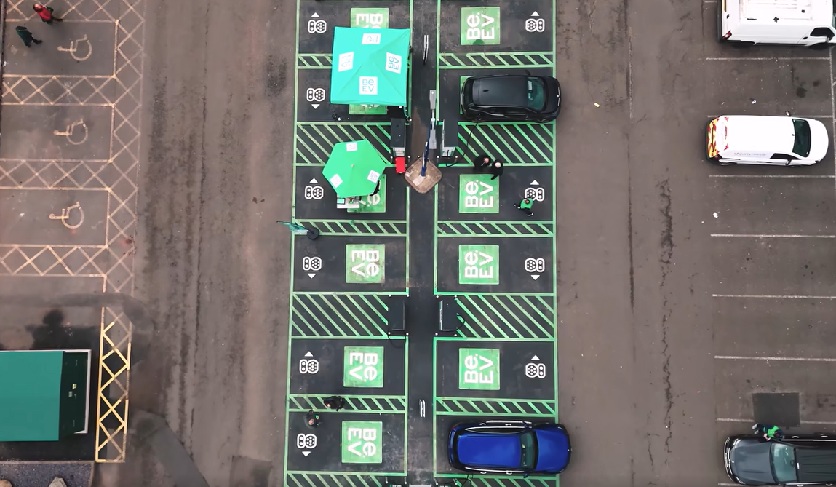Against a backdrop of global trade tensions and technological transformation, Brazil is emerging as a strategic battleground in the automotive competition between Japan and China.
Two of their most iconic manufacturers – Honda and BYD respectively – are ramping up their investments in the South American giant, with public gestures and high-level meetings with government officials.
Perhaps the most striking difference between the two companies lies in their approach to electrified markets.
While the Japanese firm is focusing on the production of HEV Flex hybrids powered by ethanol – a highly popular biofuel in Brazil – its Chinese competitor is prioritising fully electric vehicles, though it also offers a broad range of plug-in hybrids.
Honda: focus on HEV-Flex technology with ethanol
Just days ago, Brazilian President Luiz Inácio Lula da Silva welcomed Honda’s President for South America, Arata Ichinose. Also present at the meeting was Vice President and Minister for Development, Industry, Trade and Services, Geraldo Alckmin.
During the meeting, the automaker announced an investment of BRL 4.2 billion (approximately USD 800 million) in Brazil, aimed at introducing hybrid vehicle technology and developing a supply chain for these models.
The regional Honda president highlighted that this investment seeks to strengthen the brand’s presence in the country and contribute to the transition towards more sustainable mobility, as reported on the official website of the Brazilian presidency.
The investment includes the production of a new hybrid-flex SUV model, combining ethanol and electricity, scheduled for launch in 2025.
Another Japanese company, Toyota – which will invest around two billion dollars in Brazil in the coming years – also clearly sees a strong role for ethanol-powered hybrids in the domestic market.
Roberto Braun, Toyota’s Communications Director, told Mobility Portal Latinoamérica: “The choice of the best technological alternative depends on each country’s context and the needs of the customer.”
“In Brazil, a country of continental scale with abundant sugarcane production, biofuels are among the best alternatives.”
The regulatory landscape for the automotive sector has also played a key role.
“Public policies such as the Mover and Future Fuel programmes were decisive in accelerating the transition towards cleaner technologies in the automotive sector, consolidating Toyota’s position as a pioneer in sustainable solutions, particularly flexible hybrid technology,” Braun added.
Particularities of the Brazilian automotive industry
Regarding the importance of ethanol in Brazilian mobility, Ricardo Bastos – Director of Institutional and Governmental Relations at GWM Brazil – said: “We understand ethanol plays a key role here, which is why GWM is developing flex-fuel engines locally; our entire range will be flex.”
He elaborated: “Both the Haval range and the other models we’ll introduce in 2026 will incorporate this technology. Brazil has been using biofuels for over 30 years, so it’s only natural that the government continues to offer incentives. Still, we believe electrification should also be a part of Brazil’s future.”
GWM is about to begin local manufacturing at its revamped plant in Iracemápolis, São Paulo.
BYD seeks to expand its presence as an automotive leader
Meanwhile, Chinese firm BYD has increased its automotive investment in Brazil by 83%, reaching BRL 5.5 billion (approximately EUR 1.005 billion).
This funding will primarily go towards accelerating the construction of its plant in Camaçari, in the state of Bahia, with the aim of starting electric vehicle production by late 2025.
It’s worth noting that the “king” of the Asian New Energy automotive industry was the first to be visited this week by Brazil’s Minister of Mines and Energy, Alexandre Silveira, who is currently on a strategic tour in China to attract investments in electric mobility, battery production, and digital infrastructure.
According to local media, during Silveira’s meeting with BYD’s Vice President for Latin America, Oscar Su, two main areas of cooperation were aligned.
The first concerns the expansion of electric vehicle production and sales in Brazil. The second involves implementing energy storage solutions using batteries, with a focus on stabilising the National Interconnected System (SIN).
BYD’s close relationship with the Brazilian government has strengthened over the past year.
So much so, that just weeks ago, the company reportedly began negotiations to amend the current tariff regime to allow for reduced import duties on parts kits from China.
Although the company has not officially confirmed the leaked information, according to AutoData, the Chinese giant is working to reduce the current 20% tariff to 10% for semi-knocked-down kits, which would be assembled at the Camaçari (BA) plant starting in the second half of the year.
These investments are unfolding amid growing trade tensions between the United States and China, which have had a significant impact on the highly globalised automotive production sector.
The US government has announced 125% tariffs on Chinese electric vehicles, as well as additional levies on batteries and other components, as part of a strategy to bolster domestic industry.
In response, China has warned it will retaliate against countries that enter into trade agreements with the US to its detriment, accusing Washington of exerting unilateral economic pressure.
READ MORE
-
Italy welcomes ABB’s new 50 kW charger: First C50 units installed at Il Castagno outlet
The installation, completed in early June, is part of ABB E-mobility’s Early Adopter Program (EAP), a global initiative aimed at gathering real-world insights to refine new products in their intended environments.
-
Czech Republic in focus: Toyota to build its first electric vehicles in Europe
Toyota is expected to begin production at its new megacentre in the Czech Republic from 2028. Once fully operational, the facility is projected to produce around 100,000 EVs per year.
-
Be.EV installs 16 ultra-rapid chargers at Gallagher Retail Park
The site offers 150 kilowatts charging facilities within a 50,000 sq ft retail park that features major brands such as Decathlon, Costa and B&M.









